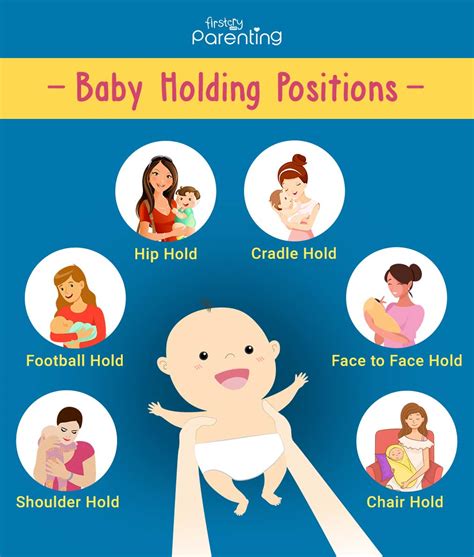Introduction
Determining the scrap value of a car is crucial when it comes to disposing of an old or unwanted vehicle. The scrap value represents the amount of money you can potentially earn by selling your car to a scrapyard or recycling facility. Several factors influence the scrap value of a car, including its weight, metal content, and current market conditions. This comprehensive guide will provide you with a step-by-step approach to determining the scrap value of your car accurately.

Factors Affecting Scrap Value
Before estimating the scrap value, it’s essential to understand the primary factors that determine its worth:
-
Weight: The weight of your car, measured in tons, is a significant factor in determining its scrap value. The heavier the car, the more ferrous and non-ferrous metals it contains, which translates to a higher value.
-
Metal Content: The composition of your car’s body and parts plays a crucial role in its scrap value. Ferrous metals, such as steel and iron, are typically worth less than non-ferrous metals, such as aluminum and copper.
-
Market Conditions: The global demand for scrap metal fluctuates over time, affecting the scrap value of your car. When demand is high, scrap prices tend to rise, leading to higher scrap values.
Step-by-Step Approach to Determining Scrap Value
-
Check Your Car’s Specifications: Obtain your car’s specifications, including its weight, year, make, model, and engine size. This information can be found in the vehicle’s owner’s manual or registration documents.
-
Research Current Scrap Metal Prices: Visit reputable websites or consult with local scrap yards to determine the current prices for ferrous and non-ferrous metals. Keep in mind that prices may vary depending on your location.
-
Estimate Your Car’s Weight: While you may not have access to a scale to weigh your car precisely, you can use online car weight calculators or refer to industry-standard weight tables to provide a reliable estimate.
-
Calculate the Scrap Value: Multiply your car’s weight by the current scrap metal prices for ferrous and non-ferrous metals. Add the values together to estimate the total scrap value.
Ways to Increase Scrap Value
Consider these strategies to potentially increase the scrap value of your car:
-
Remove Valuable Parts: If your car has any valuable parts, such as a catalytic converter, battery, or tires, consider removing and selling them separately. These components can fetch additional revenue.
-
Strip Non-Metallic Materials: Non-metallic materials, such as plastic and glass, have minimal scrap value. Removing and discarding these components can reduce the overall weight of your car, leading to a higher scrap value.
-
Prepare Your Car for Scrap: Before hauling your car to the scrapyard, remove all personal belongings and hazardous materials, such as oils or fluids. This preparation ensures your safety and a higher scrap value.
Comparing Scrap Yards: Tips for Maximizing Value
To ensure you receive the best price for your scrap car, compare quotes from multiple scrapyards. Consider the following factors:
-
Reputation: Research the credibility and customer reviews of scrapyards in your area.
-
Transparency: Look for scrapyards that provide clear pricing and transparent documentation to avoid any hidden fees or misunderstandings.
-
Convenience: Consider the location, operating hours, and ease of access to the scrapyard.
Conclusion
Determining the scrap value of your car requires careful consideration of its weight, metal content, market conditions, and preparation. By following the step-by-step approach outlined in this guide, you can accurately estimate the value of your scrap car. Explore ways to increase its value by removing valuable parts and stripping non-metallic materials. Comparing quotes from reputable scrapyards ensures you receive a fair price for your vehicle. Remember, scrap value is just one aspect of car disposal, and you should also consider ethical and environmentally responsible practices, such as recycling or donating your car.
















